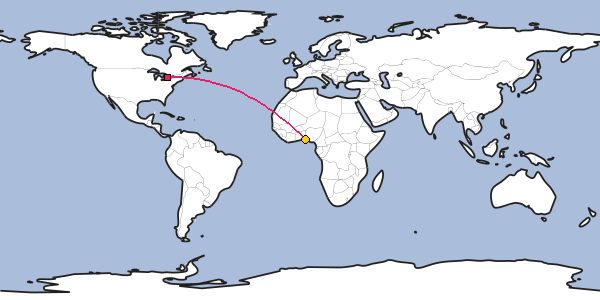Navigating the Canadian job market as an immigrant from Africa can present challenges, particularly concerning credential recognition and evaluation. Many professionals across Africa possess valuable skills and qualifications, but understanding how these credentials translate in the Canadian context is crucial for career success. In this comprehensive guide, EmpireFly International provides essential insights and tips for maximizing African credentials in Canada, helping immigrants from various African countries unlock their full potential and achieve their career goals.
Understanding Credential Evaluation: Before diving into the Canadian job market, it’s essential to understand the process of credential evaluation. Canadian employers often require proof of education and professional qualifications, which may differ from standards in Africa. Credential evaluation involves assessing the equivalency of credentials from African countries to Canadian standards, ensuring employers understand the value of your qualifications.
Navigating the Credential Evaluation Process:
Steps for Credential Evaluation
- Research Accredited Evaluation Services: Begin by researching accredited credential evaluation services recognized by Canadian employers and educational institutions. Look for organizations such as World Education Services (WES) or International Credential Evaluation Service (ICES) that specialize in evaluating foreign credentials.
- Gather Required Documentation: Compile all relevant documentation, including academic transcripts, diplomas, certificates, and professional licenses. Ensure these documents are official, translated into English or French if necessary, and authenticated by the appropriate authorities from African countries.
- Submit Evaluation Request: Submit your credentials to the chosen evaluation service and follow their specific instructions for documentation submission and payment. Be prepared to wait several weeks for the evaluation process to be completed.
- Receive Evaluation Report: Once the evaluation is complete, you will receive a detailed report outlining the equivalency of your credentials from African countries to Canadian standards. This report can be used to demonstrate your qualifications to Canadian employers and educational institutions.
Leveraging Credential Evaluation for Career Success:
Advantages of Credential Evaluation
- Enhanced Employability: A credential evaluation report provides Canadian employers with a clear understanding of your educational background and professional qualifications, increasing your chances of securing employment opportunities.
- Access to Further Education: If you’re considering further education or professional certification in Canada, a credential evaluation report can help you determine eligibility and streamline the admissions process.
- Professional Networking: Sharing your credential evaluation report with professional networks, recruiters, and industry associations can enhance your credibility and visibility within the Canadian job market.
Maximizing credentials from across Africa in Canada requires proactive research, careful documentation, and adherence to the credential evaluation process. By obtaining a comprehensive evaluation of your qualifications, you can effectively showcase your skills and expertise to Canadian employers and educational institutions, opening doors to new opportunities and career advancement.








